We caught up with the brilliant and insightful Alexander Wright a few weeks ago and have shared our conversation below.
Alexander, we are so appreciative of you taking the time to open up about the extremely important, albeit personal, topic of mental health. Can you talk to us about your journey and how you were able to overcome the challenges related to mental issues? For readers, please note this is not medical advice, we are not doctors, you should always consult professionals for advice and that this is merely one person sharing their story and experience.
I’ve dealt with anxiety, OCD, and depression since I was a teenager. It got so severe I had to leave school at sixteen. I attained my GED in my early twenties just so I could apply to Berklee. It took all my strength at the time, but I knew I wanted to work in music—specifically in the parts of it that most people overlook. The details. The feel. The final steps.
Over the years, I’ve tried a lot of different treatments—therapy, medication, and later on, ketamine-assisted therapy. That made a real difference. It helped me get out of survival mode and into a headspace where I could actually build something. My business was part of that process. It gave me focus and direction.
Mental health and neurodivergence is still something I manage every day. But it’s also shaped the way I work. I’m patient. I don’t rush artists. I understand what it’s like to be overwhelmed, or to doubt yourself. That makes me a better mastering engineer, not a worse one.
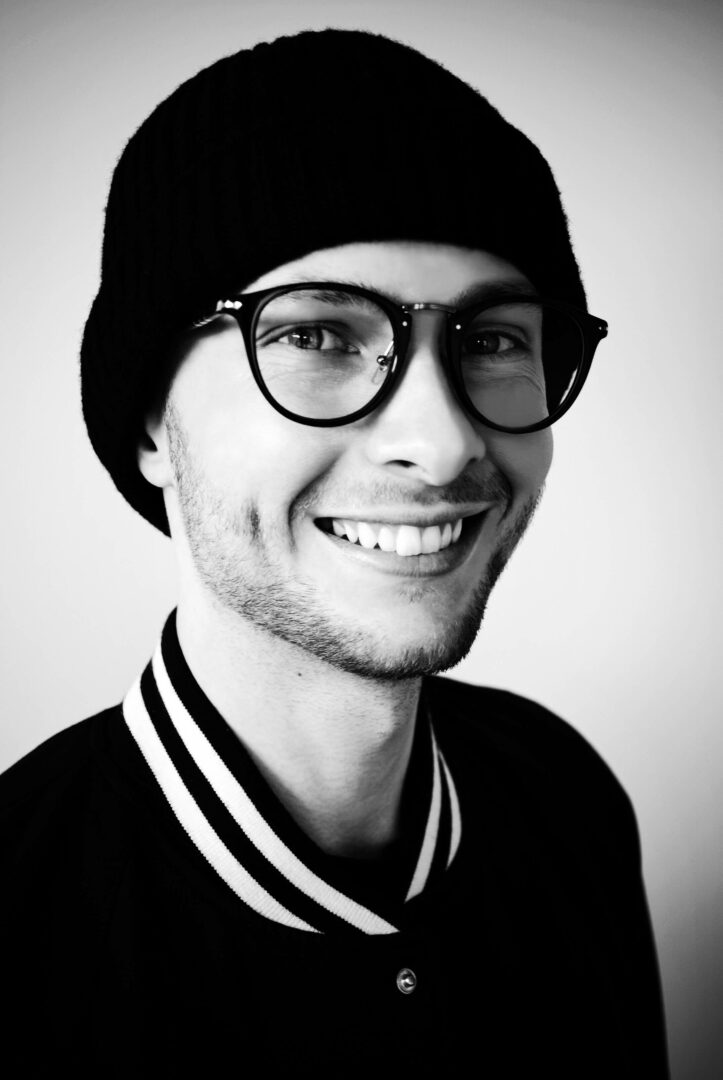
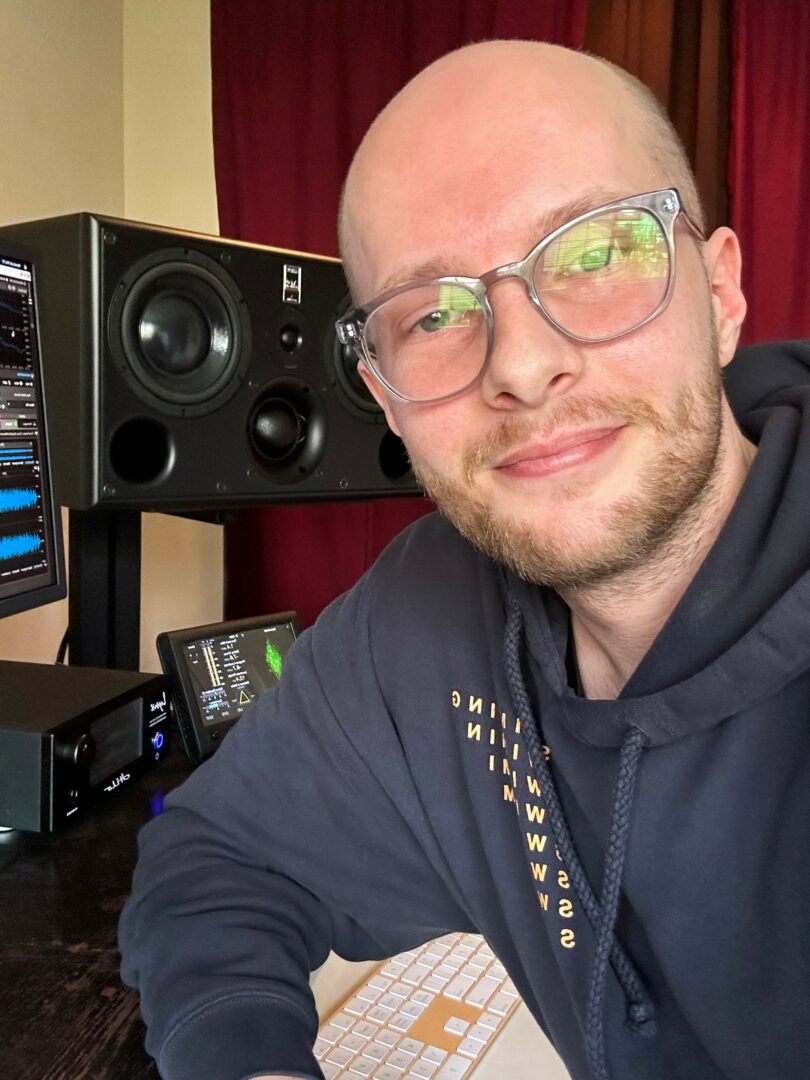
Let’s take a small detour – maybe you can share a bit about yourself before we dive back into some of the other questions we had for you?
For a long time, I didn’t know if I’d ever have a career—let alone one that felt like such a good fit. I was just trying to stay afloat. But somewhere in the chaos, I found mastering.
What drew me to it wasn’t the gear or the glory. It was the quiet. The clarity. The fact that in a world full of noise, there was a corner of the process where the goal wasn’t to add more, but to bring something into focus. To let it stand on its own.
I run a boutique mastering studio called Alexander Wright Mastering. I’ve worked on over 1,600 releases—everything from major-label pop to experimental ambient records gaining half a billion streams along the way. Of course numbers don’t tell the whole story. What I care about is how the music feels when it leaves my hands. Does it translate? Does it connect? Did I do right by the artist?
That’s the heart of what I do: I help artists finish what they started. Not just in a technical sense, but in an emotional one. I help them let go. That final version of the song—the one that goes out into the world—is a handoff. And I take that seriously.
What makes my approach different is that I’m not trying to stamp my sound on your work. I’m trying to preserve what’s already there. I call it The Wright Balance Method—a way of mastering that’s about emotional fidelity, not just technical perfection. I work entirely in the box, but the results are deeply human—informed by experience, not just technique.
Right now, I’m focused on two things. First, continuing to build a body of work I can be proud of: masters that hold up years later, that artists feel proud to share. And second, sharing what I’ve learned. I’ve started a series called Mastering Notes—short reflections on the craft, posted weekly on Instagram and YouTube. I want to give people a glimpse into this strange, beautiful process, and maybe even inspire a few to care as much about the final 5% as I do.
There’s also a remastered ‘complete version’ of my own instrumental album in the works. It’s called The Blue Shore of Silence, originally written and released during a transformative period of recovery. Revisiting it now, with clearer ears and steadier hands, feels like closing a loop I didn’t know was still open.
More than anything, I want to be known for care. For consistency. For giving records clarity without sanding off their character. I’m not chasing volume—I’m chasing meaning.

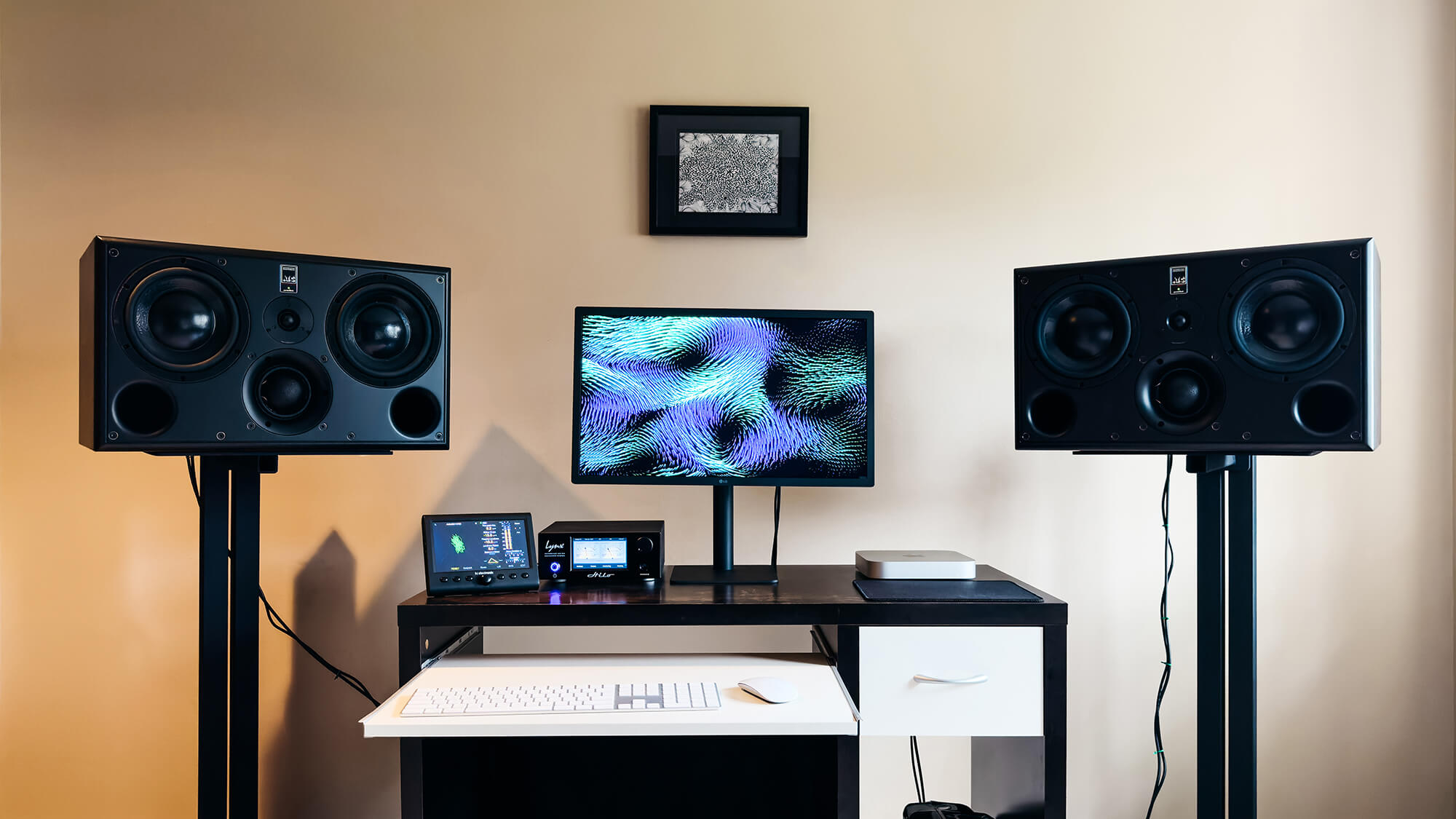
If you had to pick three qualities that are most important to develop, which three would you say matter most?
Looking back, the three things that shaped my path the most weren’t flashy. They were patience, emotional intelligence, and critical listening.
Patience was non-negotiable—for both personal and professional survival. I didn’t take a linear path. I dropped out of school, dealt with serious mental health challenges, and spent years slowly building my skills in isolation. The idea that success should be fast or obvious never lined up with my experience. Patience gave me staying power. It also made me a better engineer. Mastering is subtle work—it rewards restraint, not rush.
Emotional intelligence came out of necessity, too. Learning to understand myself—what I needed, what I struggled with—made me more attuned to the artists I work with. Mastering isn’t just about frequencies; it’s about trust. People send you their most vulnerable work. You have to meet that with care. You have to listen beyond the technical.
Critical listening is the one skill I’d tell anyone to build, no matter their path. Not just hearing more detail, but hearing with more perspective. What’s the intention? What’s working, and why? What’s missing, and is it really your job to fix it? That kind of listening takes time, humility, and a lot of quiet sessions where nothing “impressive” happens—but everything improves.
For anyone early in their journey: don’t confuse speed with progress. Stay curious. Listen longer. And don’t be afraid to take the slow road—especially if it’s the one that actually suits you. That’s where real growth happens.
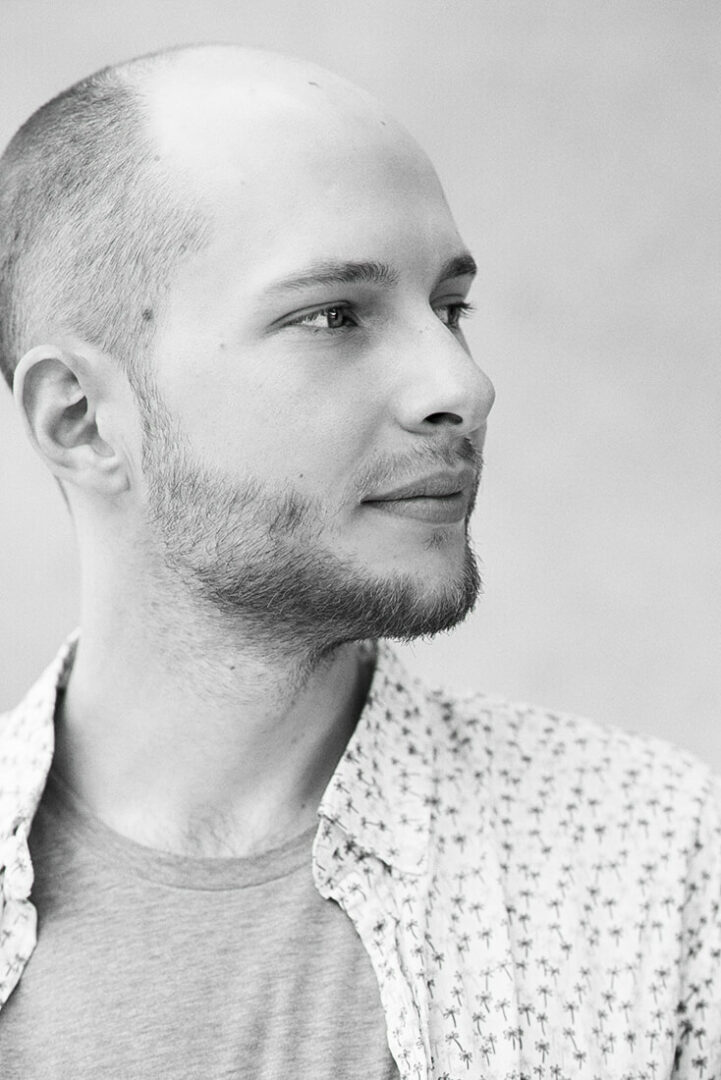
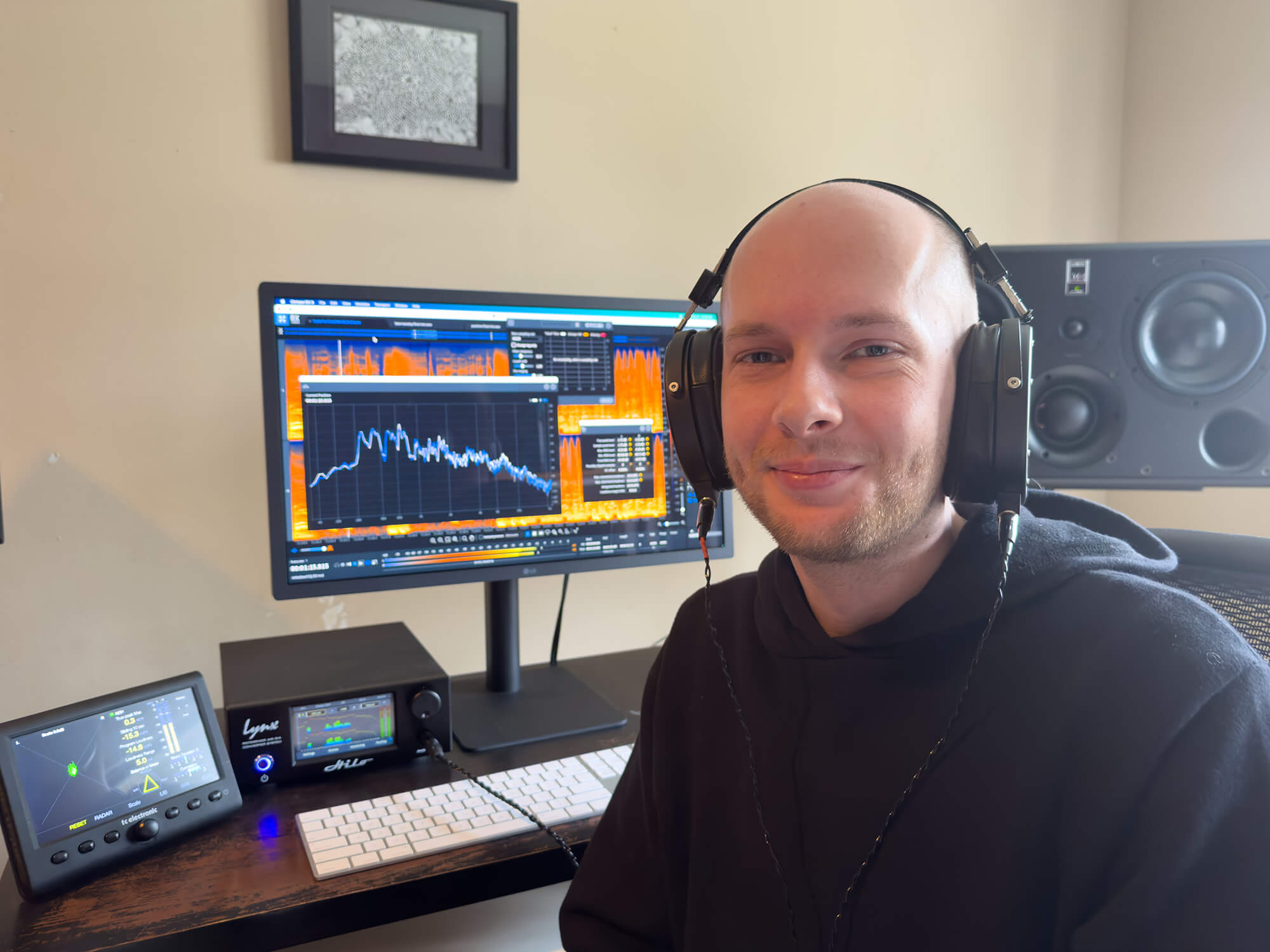
We’ve all got limited resources, time, energy, focus etc – so if you had to choose between going all in on your strengths or working on areas where you aren’t as strong, what would you choose?
I’ve thought about this question a lot, especially as someone who’s had to work around some real limitations. And my honest answer is: lead with your strengths—but don’t ignore your weak spots if they’re holding you back from doing what matters.
When I was starting out, I’d taken an unconventional path—leaving school early and navigating some heavy mental health challenges along the way. I felt left behind to some extent and I didn’t have a direction for a while. But what I did have was a deep sensitivity to sound. I could pick up on nuances others might overlook, and I cared—sometimes obsessively—about getting those details right.
So I went all in on that. The more I learned, the better I got, I didn’t try to be a producer or a mix engineer or someone who could do everything. I narrowed in on mastering because it matched how I think, how I work, and how I process the world. That focus is what built my career. If I’d spread myself thin trying to be “well-rounded,” I don’t think things would’ve worked as well.
But there is another side of it: I still had to grow. I had to learn how to communicate better. How to set boundaries. How to run a studio, talk to clients, manage deadlines. None of that came naturally. It took time, and therapy, and the occasional failure. But I knew those weren’t the things I wanted to lead with. They were the support beams of my work—not the foundation.
One of the turning points for me was realizing I didn’t need to fix everything all at once. I just needed to be excellent at something, and then build scaffolding around it. That’s still how I operate. I master music because that’s where I’m sharpest. But I also know how to delegate, how to systemize, and when to take a step back.
So my advice is: know your strengths well enough to bet on them. Build your core around what feels natural and powerful. But be honest about what’s getting in your way. If a weak spot is making your life harder—or making it harder for people to trust or understand your work—that’s worth improving. Just don’t lose sight of who you are in the process. Depth matters more than breadth.
Contact Info:
- Website: https://alexanderwright.com/
- Instagram: https://www.instagram.com/alexwrightmastering/
- Facebook: https://www.facebook.com/awmastering/?ref=page_internal
- Linkedin: https://www.linkedin.com/in/AlexWrightMastering/
- Youtube: https://www.youtube.com/channel/UCdpmZPp7q6FjPRW-SoEIguA
- Yelp: https://www.yelp.com/biz/alexander-wright-mastering-bellevue
- Other: https://credits.muso.ai/profile/6ebd5fa5-ecfd-2482-91c0-0e077017f5c1
https://www.masteringcredits.com/profile/Alexander%20Wright
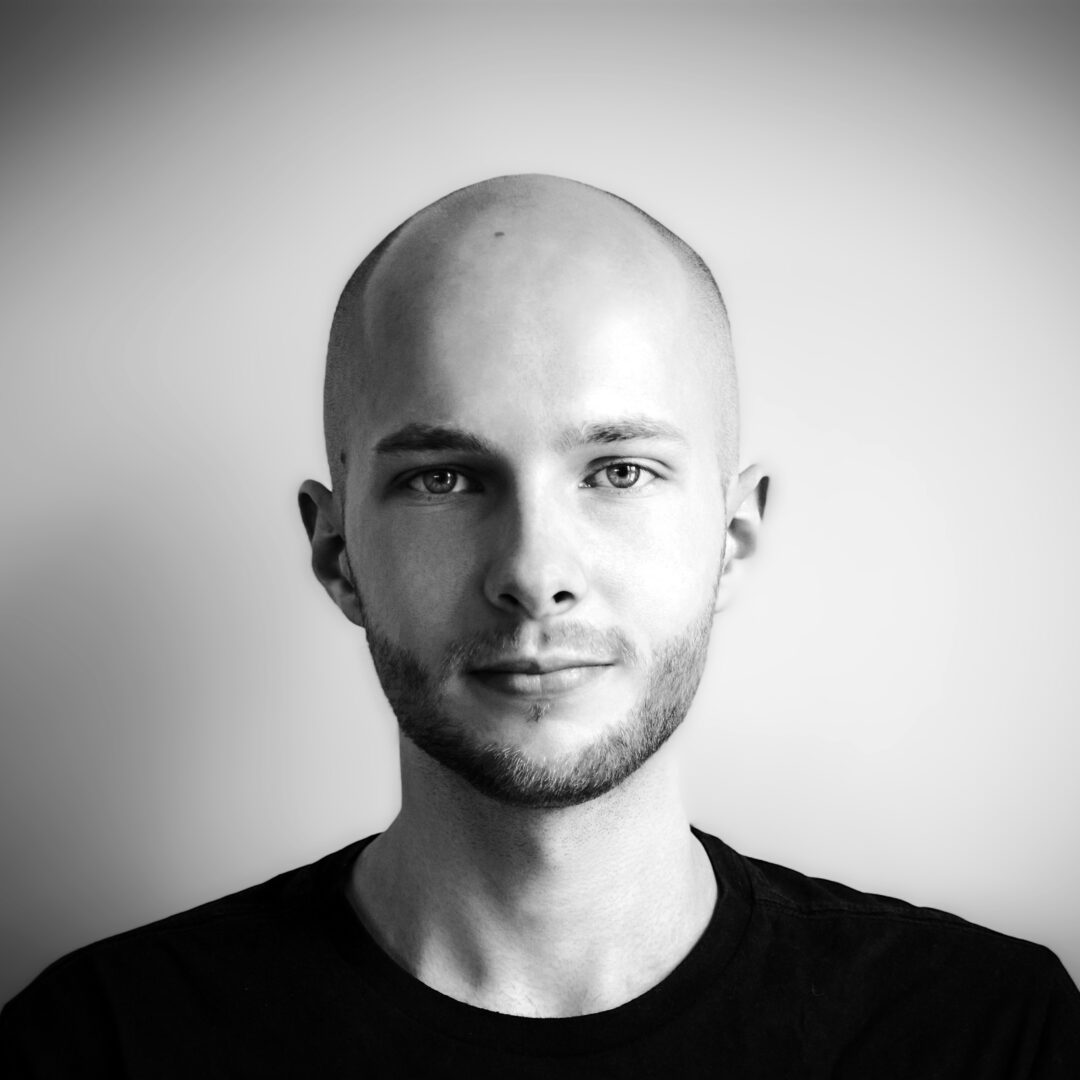
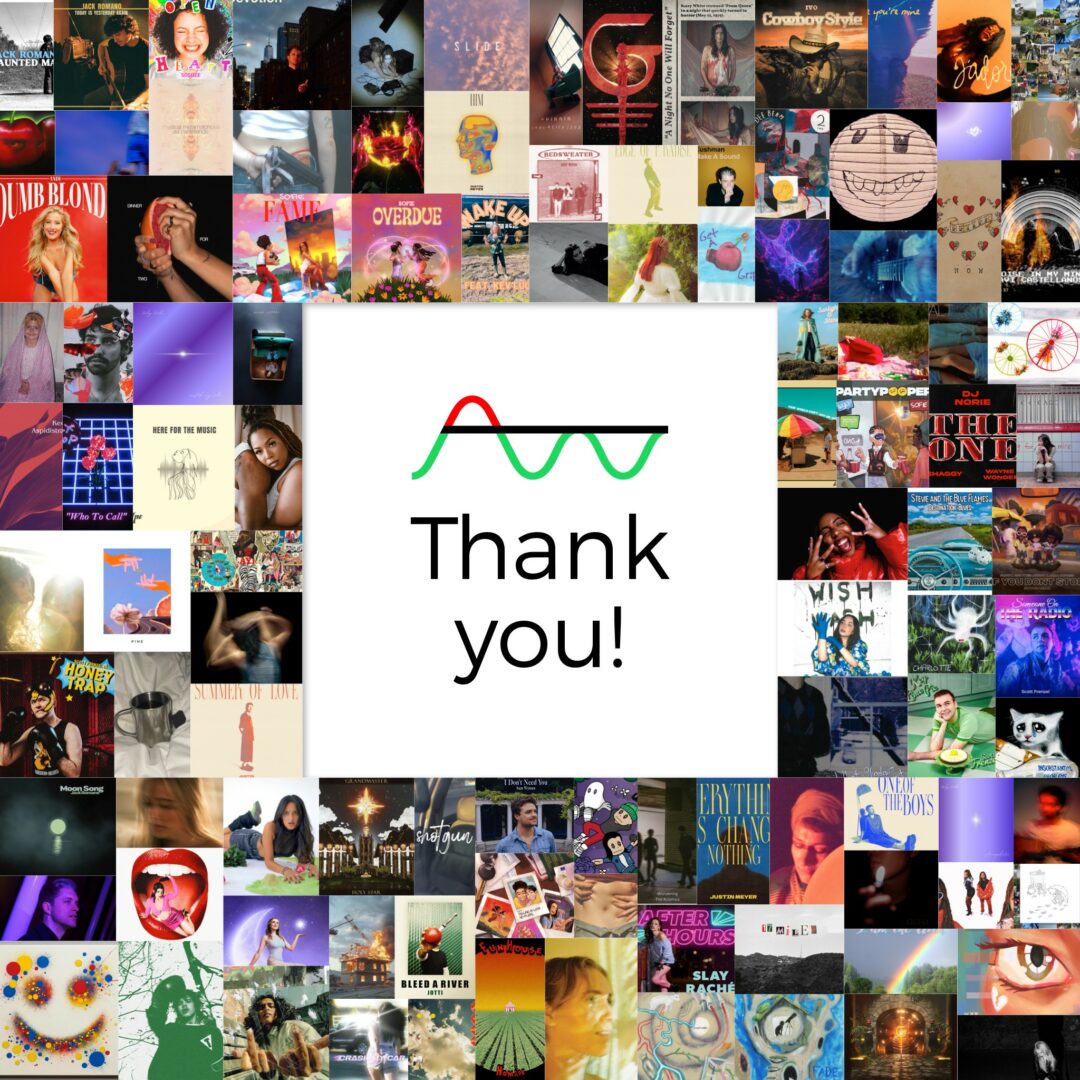
so if you or someone you know deserves recognition please let us know here.




